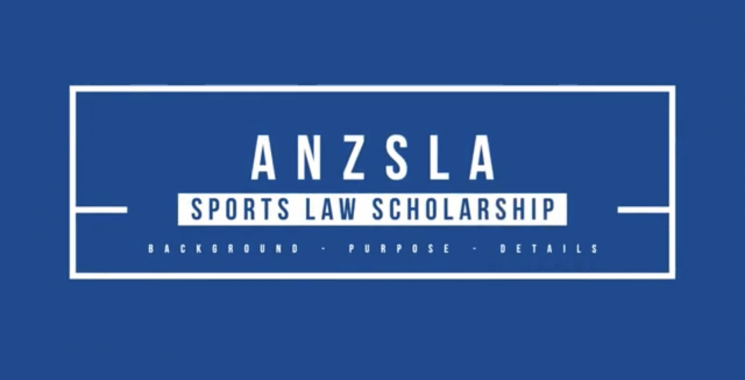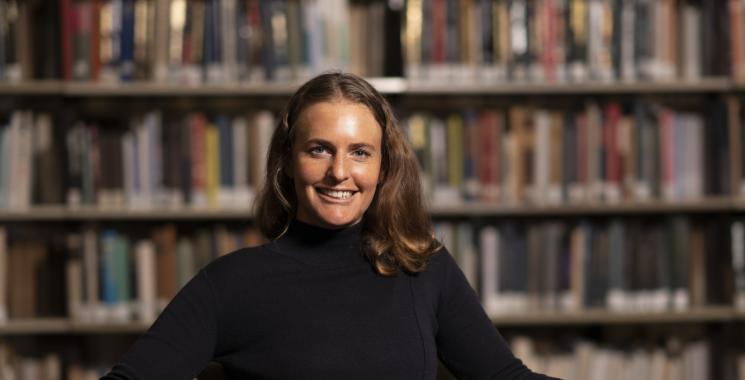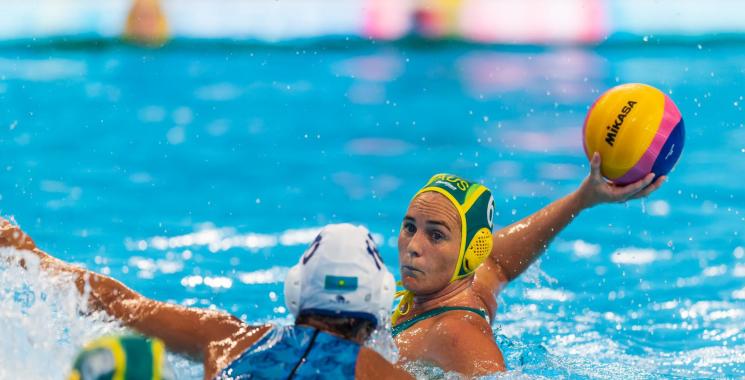ANZSLA Journal Vol 13 2019-2020 has been published today!
Included articles:
Match-Fixing in Sports: A Coordinated, Targeted and Comprehensive Network of Actors
Divitcos, Peter
The challenge of match-fixing in sport is relentless. Online wagering, illegal betting markets, and the use of cryptocurrencies over the dark net have deepened the challenge. It demands a coordinated network of actors at the national, regional and global levels. The Macolin Convention on the Manipulation of Sports Competitions enhances coordination between the national and global levels, however there are some missing links within the vast network of actors which weaken its efficiency and effectiveness, apart from the need to harmonise terminology, legislation and sporting rules globally.
Coercive Powers for the New National Sports Tribunal: Could They be the Silver Bullet to Strengthen Integrity in Australian Sport
McLean, Hannah
The new National Sports Tribunal has introduced statutory powers to compel third-party evidence and information to assist investigations and prosecutions into alleged sports integrity breaches. This has the potential to strengthen the integrity of sport in Australia, and provide consistency and fairness in both process and outcome to the parties. However, the NST’s foundation as an opt-in model is a significant limitation to the availability of this scheme across all Australian sports, reflecting an ongoing power imbalance between sport and its members during a sporting dispute.
FIFA’s New World Cup Host Election Process: Why it Had to Change, Why it Remains Broken and How Can it be Fixed
Bolkunowicz, Daniel
Following the election of Russia and Qatar as hosts of the 2018 and 2022 World Cups, it was soon revealed that for many years, members of FIFA’s Executive Committee had been corruptly voting for bidders with the largest bribes. Although FIFA eventually cleared Russia and Qatar of wrongdoing, it nonetheless radically amended its World Cup election process to address the historic corruption concerns. This new process was used to elect the 2026 World Cup host. The author considers that the new process has been an overcorrection and offers an alternative election process that seeks to minimise corruption and increase fairness.
Role Models or Employees? Analysing the Onerous Contractual Standards that Regulate Athletes Behaviour
Tudjman, Ethan
Professional athletes are progressively being subjected to more burdensome standards of behaviour, particularly for their off-field conduct. Sports administrators have broad scopes of power to reprimand athletes through contractual provisions that can punish an athlete for conduct that may bring the athlete or their sport into disrepute, even if there is no connection to the sport. This leads to an assertion that professional athletes are role models as they are held to a higher standard of behaviour than employees in other professions. This article will assess the validity of the disrepute clauses inserted into the athlete contract, and demonstrate that when balanced against the interests of the various stakeholders of sport, that such clauses are onerous and unjust.
Against all Odds: The Legitimacy of the Use of Inside Information in Tennis
Hessert, Björn
The professional sport of tennis has been dealing with corrupt betting and incidents of the misuse of inside information for many years. Therefore, tennis authorities set up the so-called Tennis Integrity Unit (“TIU”) in 2008. Its mandate is to investigate sports rule violations governed by the Tennis Anti-Corruption Program (“TACP”), including illegal betting and the misuse of inside information. The increasing number of manipulated matches in tennis and other sports has also led to the criminalisation of matchfixing and the use of inside information in Australia. This article analyses the legitimacy of the use of inside information under the TACP and Australian statutory provisions. It concludes that such conduct is not necessarily a breach of said provisions.
#whataboutme: Can the Inclusion of Gender Diverse Children Pave the Way for Children with Disability in Sport?
Pearce, Simone & Moritz, Dr Dominique
This article considers how legislation, policy and Guidelines impact on inclusion of children under 12 in competitive sport, when they do not fit into the traditional sporting categories defined by gender and their ability. In 2019 the Australian Human Rights Commission released Guidelines to aid in limiting discrimination of gender diverse people in sport, which challenges the traditional structures of sport, particularly for children under 12. For children with disability, discrimination legislation that provides for adjustments to sporting competition delivery to provide for meaningful inclusion, has not necessarily been successful. Guidelines may provide the solution.
The Human Rights of Intersex Athletes in World Athletics’ Eligibility Regulations: Reflecting on the Caster Semenya Debacle
Meehan, James & Pederick, Daniel
This article discusses the utter debacle surrounding Caster Semenya’s treatment by the International Association of Athletics Federation (‘IAAF’) (now known as ‘World Athletics’) following her success at the Berlin World Athletics Championships in 2009. Merely hours after reaching the pinnacle of her sport, Semenya would be ‘brought back to earth’ by being subject to a humiliating contestation of her sex. The IAAF began a highly invasive investigation, which ultimately gave birth to the ‘Eligibility Regulations for The Female Classification’. We critically examine these regulations against international human rights standards and argue that these standards have been contravened. Nevertheless, as these regulations have been implemented to protect the integrity of female athletics, we propose a series of reforms to maintain this goal, and to promote fair competition as far as it is consistent with the rights of intersex athletes and the broader human rights standards.
BOOK REVIEW
Human Rights and Sport: The Case of Hakeem al-Araibi: Fighting for Hakeem, by Craig Foster (with Alex Engel-Mallon)
Dabscheck, Braham


